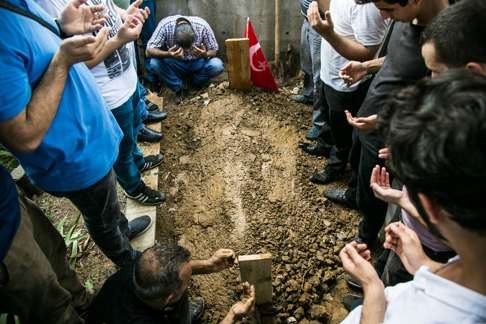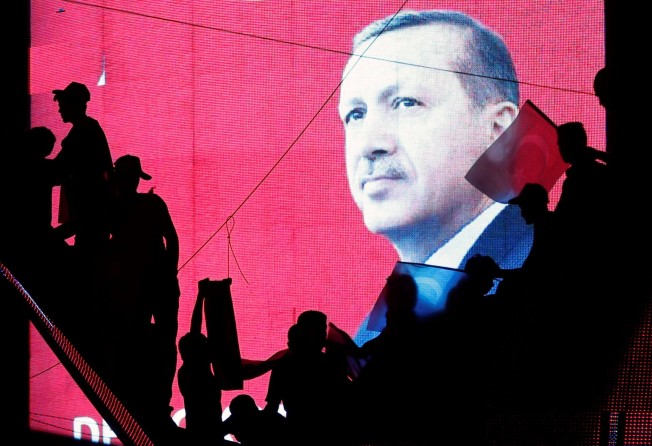
Turkey’s attempted putsch cements the position of its divisive leader
Manjit Bhatia expects Recep Tayyip Erdogan to use last week’s failed coup to purge his rivals and tighten his control of the country’s institutions

Last Friday’s attempted military coup d’état in Turkey barely surprises. President Recep Tayyip Erdogan, dubbed Sultan Erdogan by Turkish secularists, has had it coming. Erdogan is modern Turkey’s most divisive leader. Since coming to power in 2002 in a landslide, he has taken Turkey farther right towards autocratic, fundamentalist Islamic rule. He has been gradually centring power in his hands and curbing civil and human rights: jailing writers and journalists, shutting down newspapers, persecuting Kurds and Christians.
As Friday’s coup petered out within hours, Erdogan emerged from hiding in Istanbul to declare it crushed. He immediately launched himself against soldiers, plotters, judges and other sympathisers. Erdogan warned Turkey won’t be ruled from “Pennsylvania”, fingering Fethullah Gulen, the influential 75-year-old imam. Once an Erdogan supporter, Gulen has been living in self-imposed exile in the US since 1999. He leads the Hizmet movement, with millions of supporters inside Turkey, including in the judiciary, military, intelligence and police.

Blood in the streets of Istanbul: President Erdogan’s supporters confront soldiers over planned coup
There are no straightforward explanations for Friday’s events. Despite Erdogan’s post-coup diktat that his Justice and Development Party (AKP) still possesses popular “democratic legitimacy”, after his supporters had poured onto Istanbul’s streets to quell the revolt, the Turkish president (since 2014) must be nervous. This coup might have failed, but he must be sizing up the next one – because it could see him paraded in Taksim Square in handcuffs, charged with abuse of power and corruption.
Friday’s coup is not like those seen elsewhere. The aim of military coups is to usurp power and bring social order. The junta holds power until its governing institutions crumble. Friday’s coup wasn’t aimed at installing the military but at saving Turkey’s fast-fraying secular democracy from Erdogan’s encroaching theocracy.
Unlike most coups, this one failed because it lacked a unitary purpose. Normally a coup takes place at lightning speed. In Istanbul, it was slow, haphazard and confused. Which explains why soldiers surrendered to Erdogan’s unarmed civilian supporters quickly and easily. What it does show, however, is that Turkey’s military is both highly politicised and dangerously divided.
Erdogan will purge the military of its rogue elements. But he will never rid the military of all of its dissenters. The failed coup puts Erdogan in a more unassailable position. He will use the disorder to exert more control of the country’s weakened institutions. Watch him ram home the referendum that will give him limitless power.
Manjit Bhatia is research director of AsiaRisk, an economic and political risk consultancy